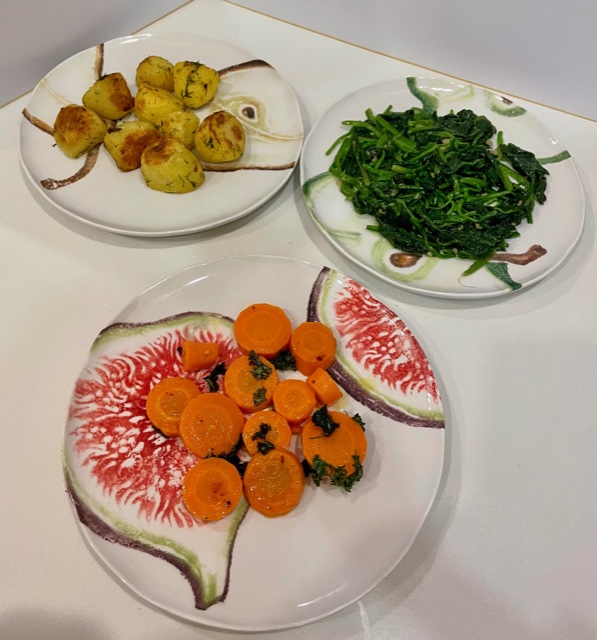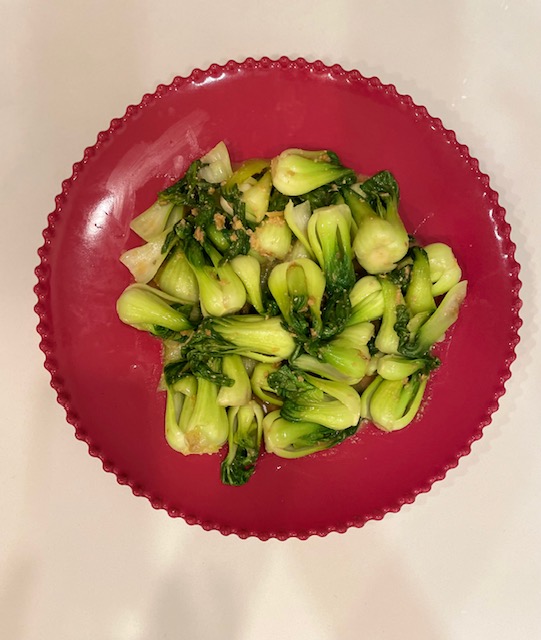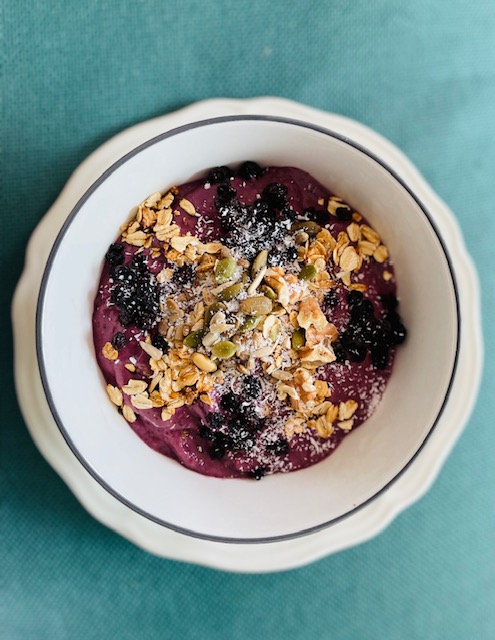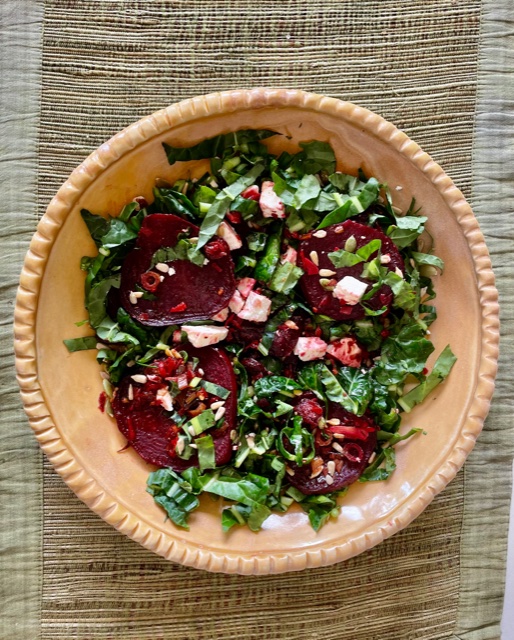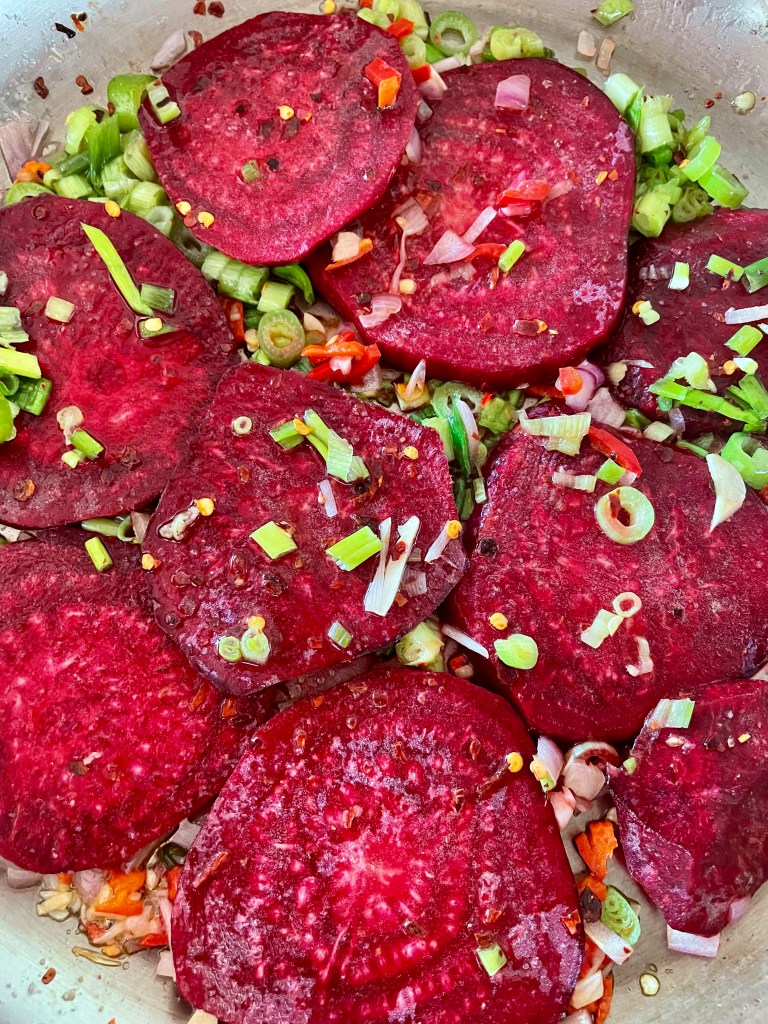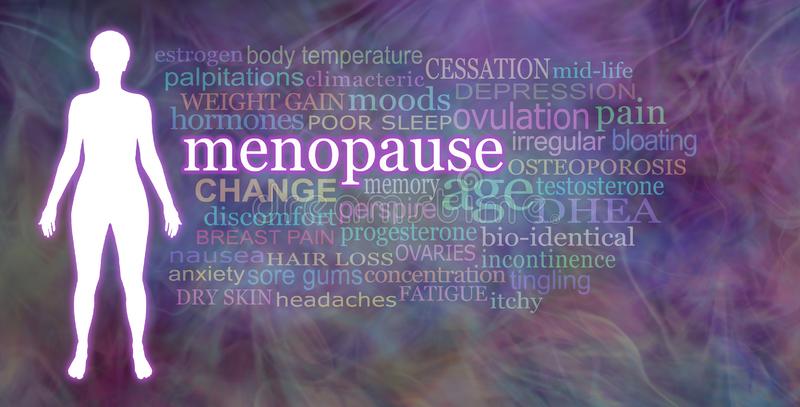
Symptoms of menopause
Menopause is a huge transformation in a woman’s life with daunting and sometimes debilitating symptoms like hot flashes, night sweats, insomnia, musculoskeletal pain, depression and the list goes on! However, the way I see it is that we could prevent or lessen the impact of these menopausal symptoms by by prioritising and trying to reset ones health and make lifelong changes towards a healthier diet and lifestyle as we approach this challenging stage in life.
Most of my adult life I ate nutritionally rich foods, exercised regularly and worked towards getting sufficient sleep, even then some menopausal symptoms like the stubborn abdominal weight gain took me by surprise. This is when the penny dropped that there is no limit to fitness and health for the human body. And there is benefit in aspiring to get to the next level of wellness for a healthier life ahead. The following advice is to help you prevent the onslaught of these symptoms or in the least to minimise them through supporting your body with the right nutrition and lifestyle habits.
Nutrition
The primary need for a woman’s body at this juncture is to enhance estrogen levels as they deplete. This is important as estrogen influences how the body utilises calcium and regulates cholesterol in the blood. There is a decline in estrogen at this time and women maybe at risk of osteoporosis, cardiovascular disease and obesity. Menopausal symptoms like hot flashes are also a result of lowered estrogen levels in the body. The following foods help support the body through this period:
- Foods containing plant estrogens – 2 servings a day broccoli, cauliflower, chickpeas, lentils, beans, soybeans and soybean products like tofu, tempeh and miso. These phytoestrogens mimic estrogen and help alleviate menopausal symptoms. They also facilitate fat and carbohydrate metabolism.
- Foods rich in Omega-3 fatty acids – 1 serving a day Fish: barramundi, Mackerel, Salmon Seeds: chia seeds and flax seeds are good sources too Supplement: fish oils Women commonly suffer from hot flashes and night sweats, Omega 3 fatty acids are helpful in alleviating these symptoms.
- Foods rich in calcium, magnesium, and vitamin D – 2 servings a day Fruits: figs, blackcurrants, blackberries, raspberries and oranges Vegetables: kale, spinach, bok choy, mustard, broccoli, cabbage, brussel sprouts and okra Dairy products: milk, cheese and yogurt These foods can help reduce bone loss and the risk of osteoporosis.
- Foods high in protein – have 20-30 grams per meal Animal protein: fish, free-range poultry, free-range eggs, grass-fed beef Plant protein : beans and lentils These foods will help prevent muscle loss which is also prevalent at this stage in life.
Foods to exclude:
- Processed foods : reconstituted meats like salami, bacon, hot dogs, pastrami, deli meats, frozen meals and packaged soups. These foods are high in salt, sugar and saturated fats which can cause inflammation in the body, further exacerbating menopausal symptoms
- Refined carbohydrates : foods that have added sugar (> 1tsp = 4 gms of sugar a day) such as sugary beverages, sweetened yogurts, sweetened breakfast cereals, sweet or savory packaged snacks such as chips and cookies and those that have low fiber such as white bread, white rice and white pasta. These foods cause sugar spikes that can lead to insulin resistance and inflammation in the body
- Spicy foods : foods containing red chilli pepper, cayenne pepper or paprika can increase the incidence of hot flashes
- Alcohol : if you are drinking more than 1 unit (150 ml) a day you can worsen hot flashes and mood swings
Lifestyle habits
- Exercise for 30 minutes 5 days a week moderate-intensity aerobic workouts and twice a week strength training and weight bearing exercises to shed weight gain and strengthen bones.
- Restful sleep is essential for keeping our hormones balanced which can be impacted by irregular sleep patterns. Also, restless sleep can lead to weight gain as we wake up tired and search for refined carbohydrates to get the energy boost.
- Eat healthy and mindfully ensuring that your plate is half full with vegetables and chewing slowly and stopping when almost satiated. Try putting your fork down between bites.
- Reduce stress by doing an activity that you enjoy. High levels of the stress hormone cortisol can worsen weight gain in the abdominal region which is where menopausal weight gain occurs.
This period of life is when your body needs a lot of support to function optimally, so do consider these tips in enhancing your nutrition and lifestyle. You will reduce your menopausal symptoms and also equip your body for a healthful future.





